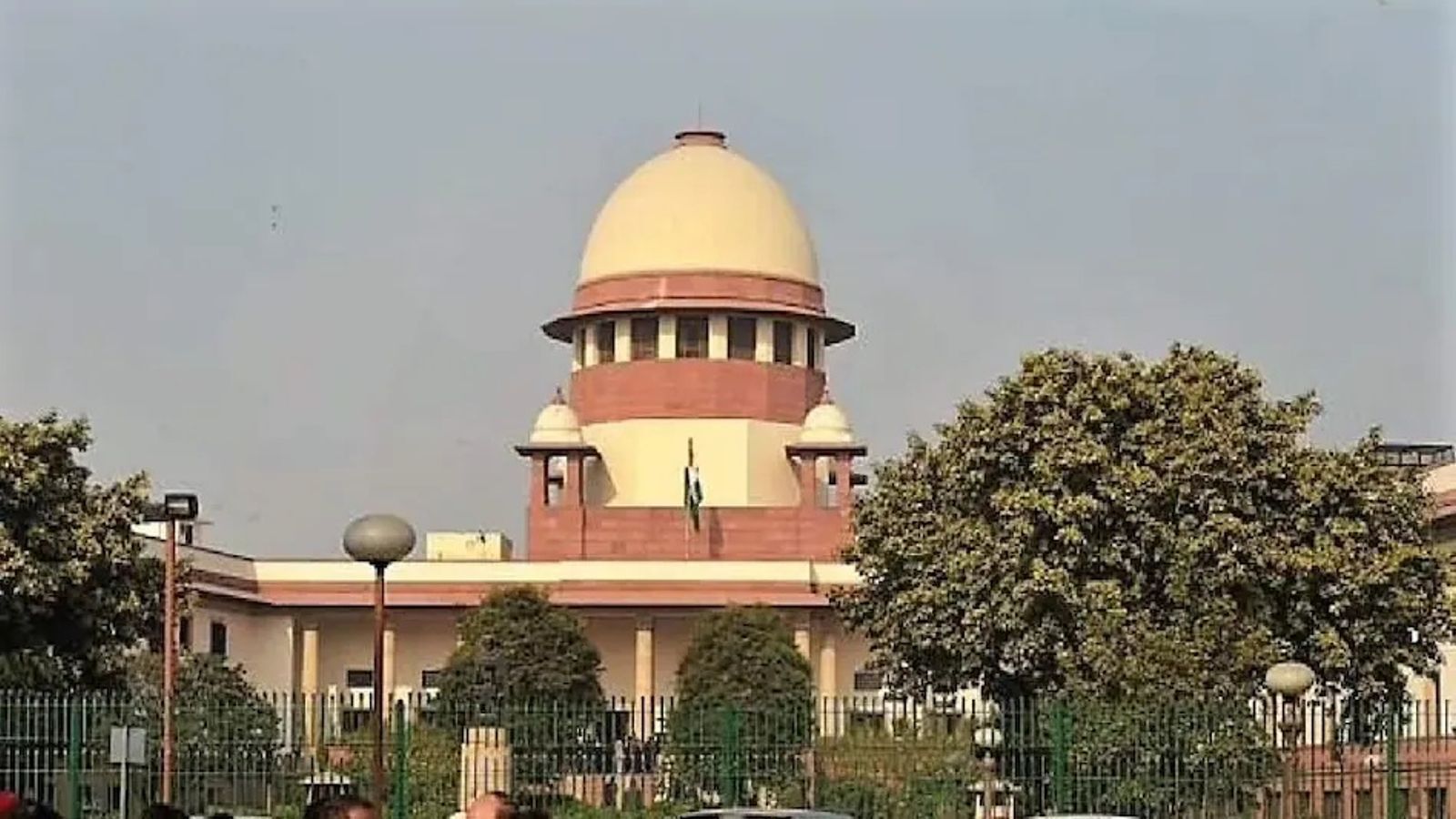Against the hate

Weeks after two incidents — one in Delhi and the other in Uttarakhand — brought shame to the national conscience by thwarting its ethos and foundational principles through a call to ethnic cleansing, the Supreme Court of India has been forced to assure intervention in the matter. The court agreed to look into the matter while hearing a petition filed by a journalist Qurban Ali and senior advocate Anjana Prakash. The inertia reflected in proceeding investigations against the perpetrators of hate is no less shameful than the inflammatory events themselves, held between December 17 and December 19 last year. The sloppiness shown in the investigation by Delhi police and Uttarakhand police could have far-reaching negative consequences for the socio-political fabric of the country. It also undermines the basic tenets of the Indian Constitution. It would certainly be a grave mistake to dismiss these incidents as one-off. Such incidents have long characterised the trends preceding elections, particularly in northern India. What is more worrying is that these have been increasingly gaining more intensity and frequency over the past couple of years. Embodied in the vituperative statements of certain insidious elements, hate stands naked before our eyes, unveiled, and we fail to recognise and address the declining grace of the nation. Some of the hate propagandists — seen to be raising calls for ethnic cleansing of a particular community in a few video footage — have a long record of perpetrating hatred in the northern belt, particularly around the elections. Such elements have a wide influence over a section of masses — divided mostly on religious or ethnic grounds. The worst part of the problem is that states fall far behind containing such elements. The increasing sense of impunity is perhaps the prime factor that allows a free run to hatemongers to push their hate agenda. The manner in which politics, society and religion interact with each other determines the overall state of any particular nation. Balancing this interaction becomes far more crucial in a thriving democracy like India whose society is profoundly diverse, and where a broad range of religion is practiced. Sadly, the balance seems to be nowhere in sight today, with politics taking over religion to push society to a vulnerable state where intolerance and mutual distrust rule people's behaviour. In such a situation even the most artless of the citizens can be pitted against each other to serve the vested interests of a few. This unholy collusion of state and religion has been highly detrimental to the interest of the society. It took the human race to fight for centuries to arrive at a balanced situation. Systematically planned retrograde actions could take us centuries back. The decline is akin to that of a ball rolling on a downward slope. Once set in motion, it will be hard to control its speed and direction. Concerned state governments must act responsibly to investigate and take actions against the hate propagandists. The Supreme Court, in Tehseen Poonawalla case, noted that it is the duty of the state to maintain law and order to "preserve our quintessentially secular ethos and pluralistic social fabric in a democratic set-up governed by rule of law". Delhi police is not known to have registered any FIR in the matter until now and Uttarakhand Police has registered FIRs under Section 153A and 295A of the IPC against five people. While the section 153A is invoked against attempts to create enmity between two communities, section 295A pertains to a causing insult to the religion of a class of persons. Since one of the two hate speeches made a direct call for ethnic cleansing and threatened of 'mutiny' in case of state's failure to do so, it is argued that the charges under the two IPC sections may not be enough. Being a part of the state machinery, police of the both states and other concerned agencies must strictly follow the SC rulings in the previous cases. Before the Supreme Court looks into the present matter, it will reflect well on the executive wing of the concerned governments to address the issues in advance. It is time that political leaders be vocal on such issues and aware citizens continue spreading love as a befitting answer to hate propagandas.



